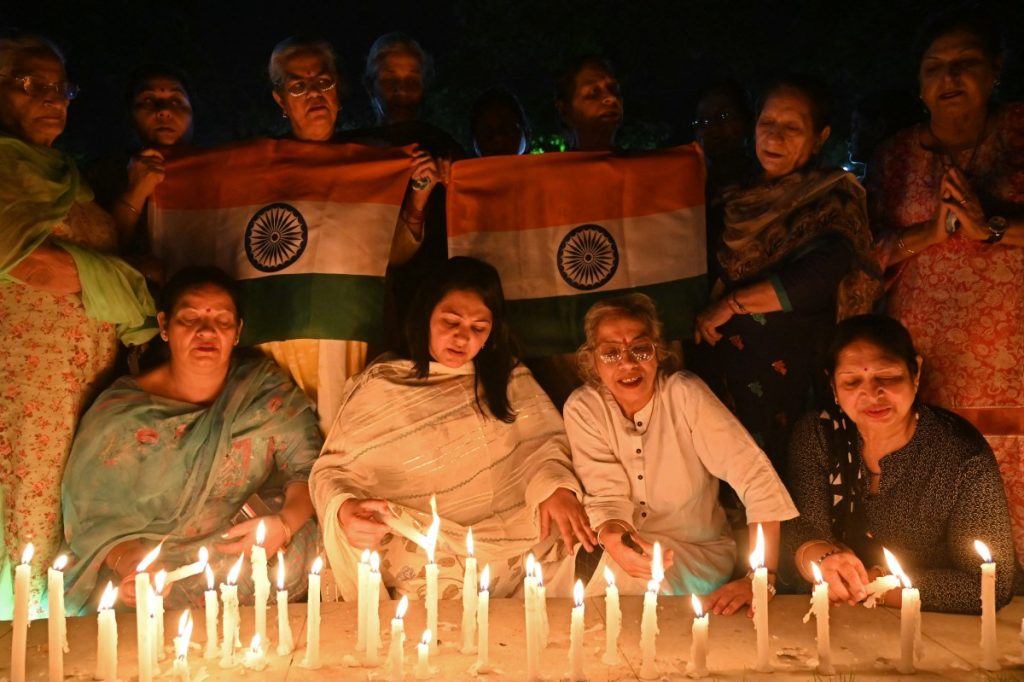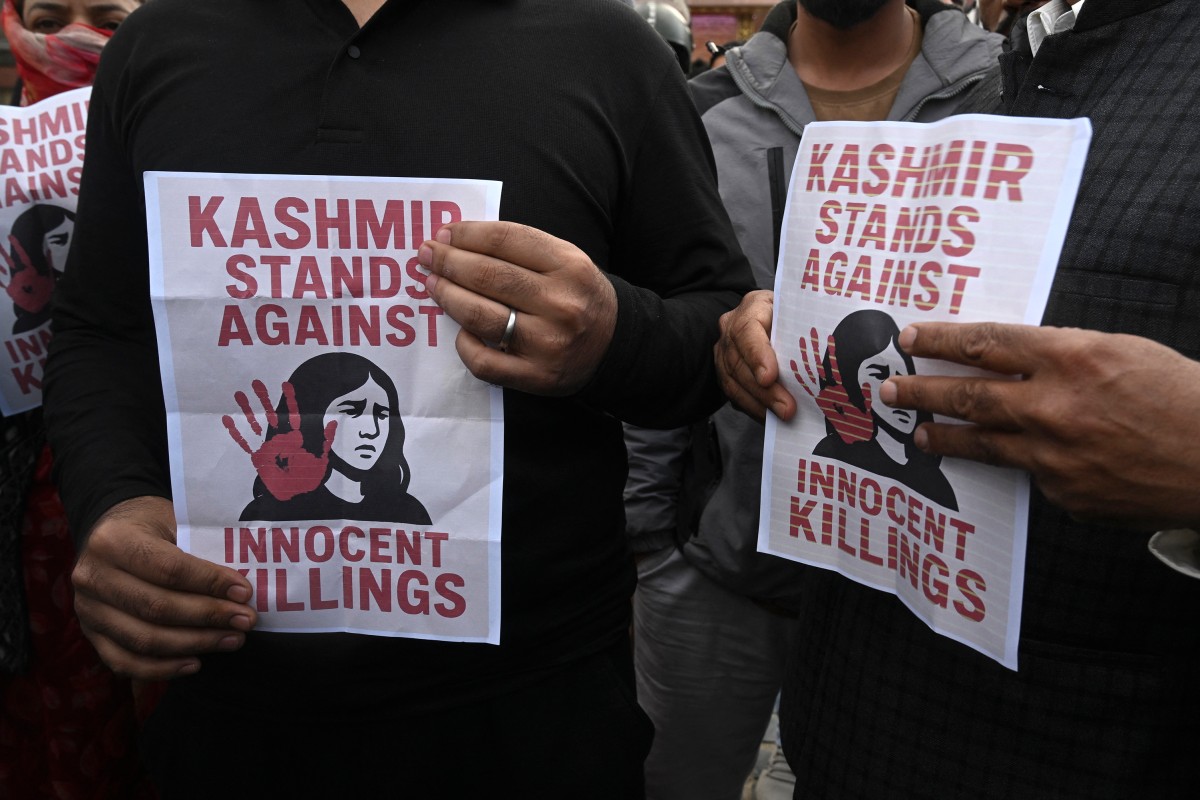India implemented a series of retaliatory diplomatic actions against its neighbour, Pakistan, on Wednesday, blaming Islamabad for endorsing “cross-border terrorism” following an assault on civilians in Kashmir.
The incident has driven relations between the two nuclear-capable nations to their lowest point in several years, and concerns persist that New Delhi’s diplomatic actions may be just the beginning of further measures, thereby raising the risk of potential military engagement.
Among India’s actions are the halt of water-sharing agreements and the closure of the primary land border crossing, happening just a day after assailants fired upon tourists in Indian-administered Kashmir.
Pakistan is expected to respond “in kind” to India’s actions, according to Pakistani Deputy Prime Minister Ishaq Dar.
The assailants killed 26 individuals — all Indian except one Nepali — making it the deadliest attack on civilians in the Himalayan region in 25 years.
The killings have left New Delhi in shock, representing a significant shift towards attacking civilians and the crucial tourism sector of the area, rather than focusing on smaller-scale strikes against Indian security personnel, which are more typical.
Indian Prime Minister Narendra Modi has assured that those accountable for the “heinous act” will face justice. The assault on Tuesday occurred while tourists were enjoying serene mountain vistas at the popular location of Pahalgam, when gunmen emerged from the woods and unleashed gunfire on the crowds.
On Wednesday, Indian Defence Minister Rajnath Singh promised a prompt reaction.
That evening, Indian Foreign Secretary Vikram Misri announced a series of measures against Pakistan.

These measures encompassed the suspension of the Indus Waters Treaty of 1960, which governs vital water sharing from Himalayan tributaries, “until Pakistan credibly and irrevocably renounces its support for cross-border terrorism,” Misri explained to journalists in New Delhi.
Additionally, the actions included the closure of the main land border crossing and a reduction in diplomatic personnel, which involved withdrawing several Indian officials from Islamabad and sending Pakistani staff back to their home country.
India and Pakistan have a long history of accusing one another of supporting forces that destabilise their respective nations, with New Delhi asserting that Islamabad backs the insurgents behind the turmoil.
Islamabad refutes these claims, stating that it only supports the struggle for self-determination in Kashmir.


 Trending
Trending 